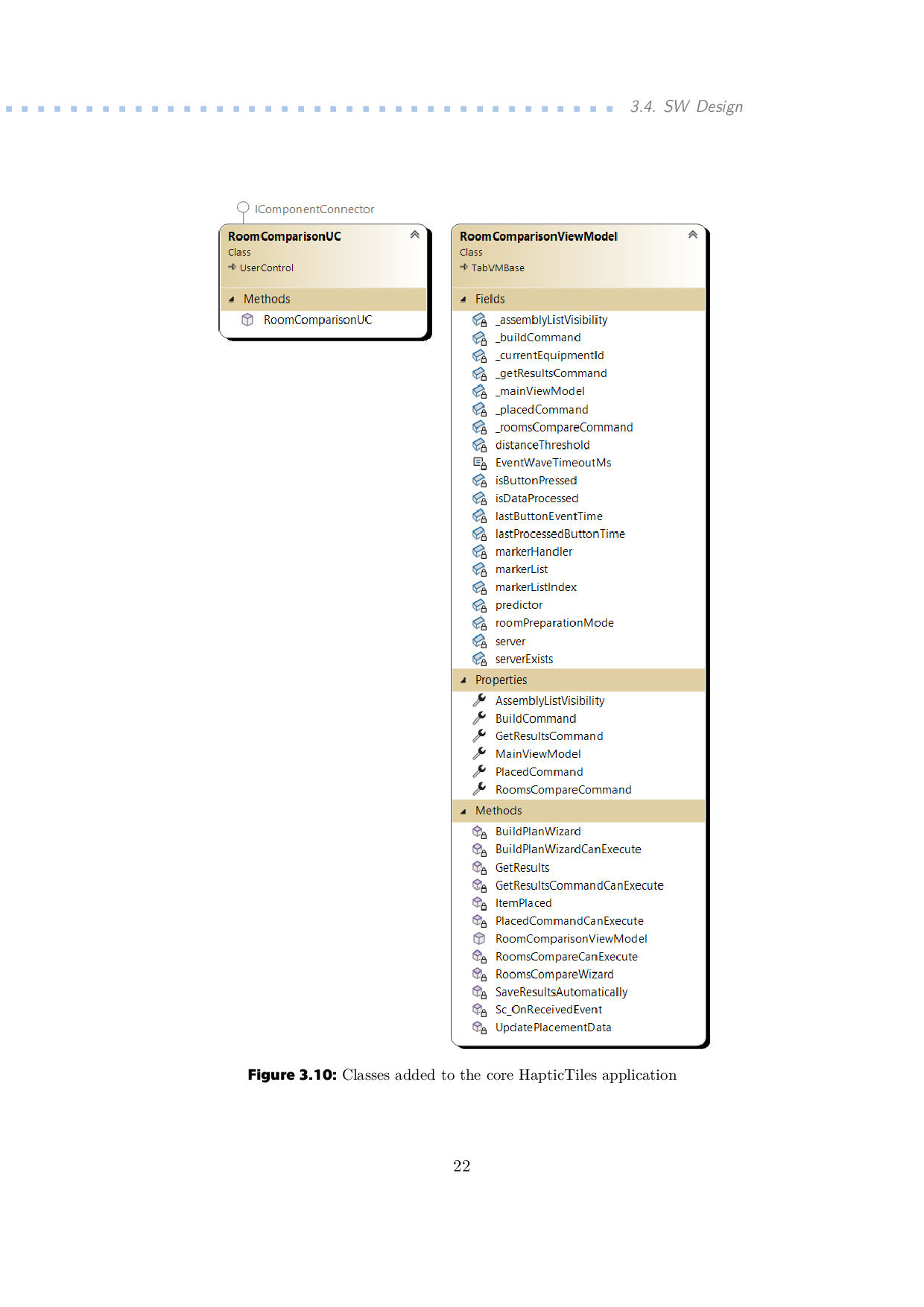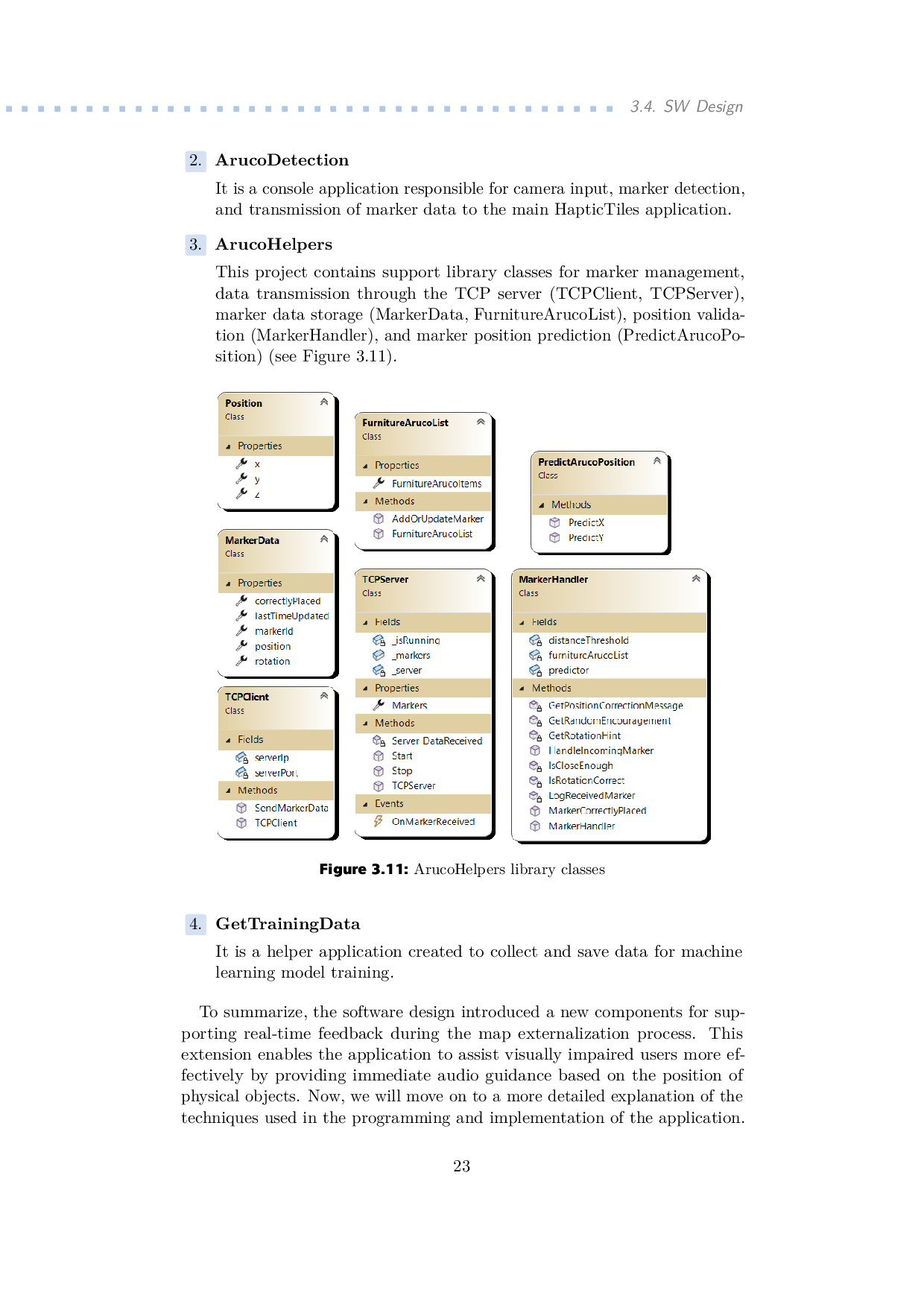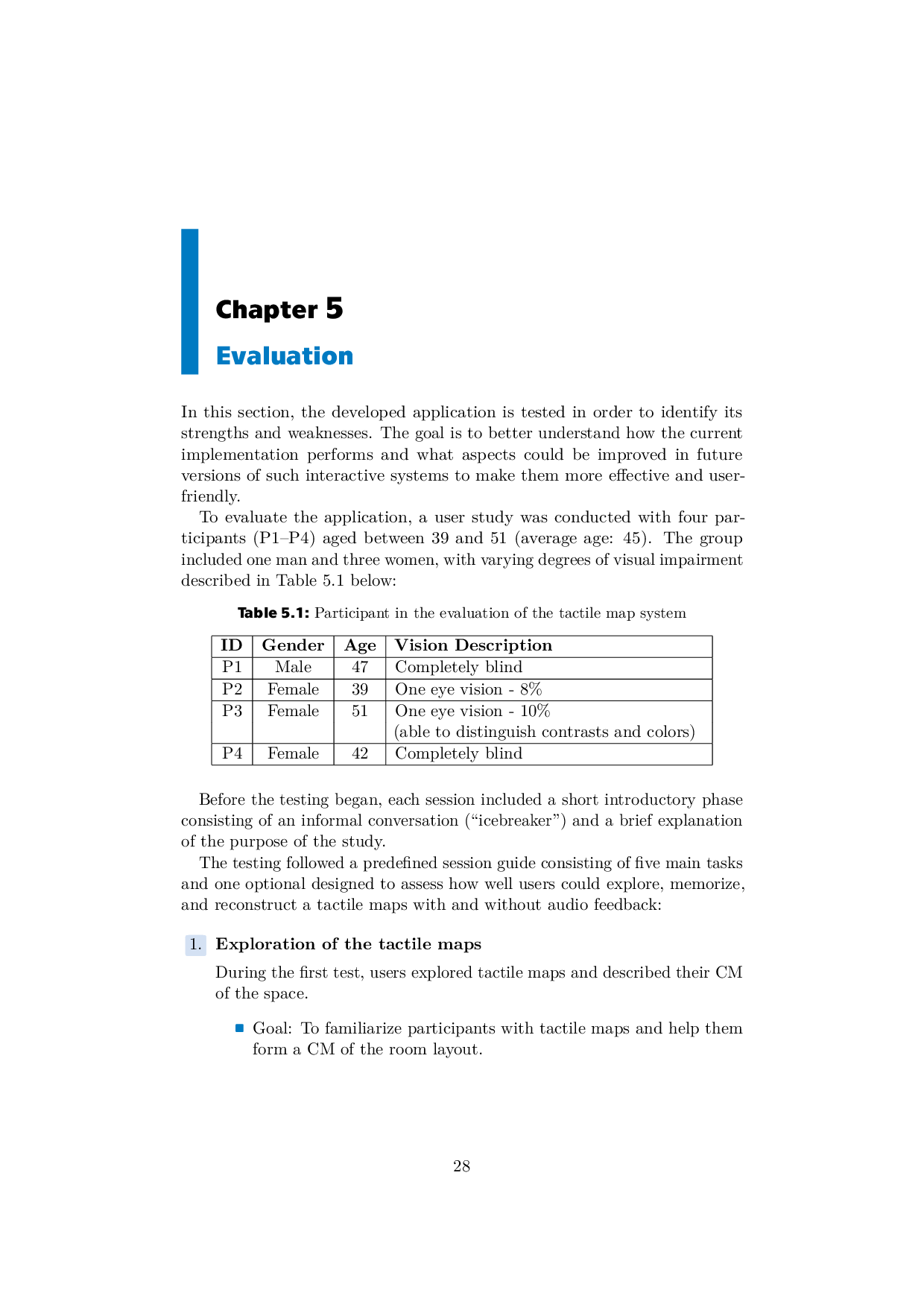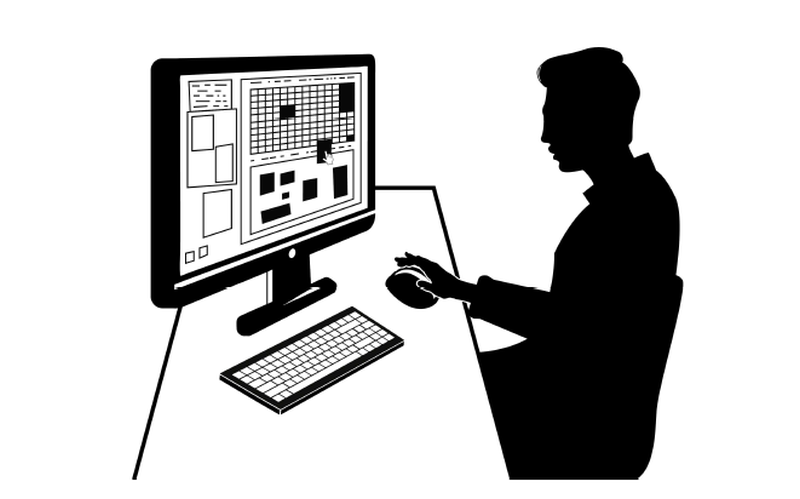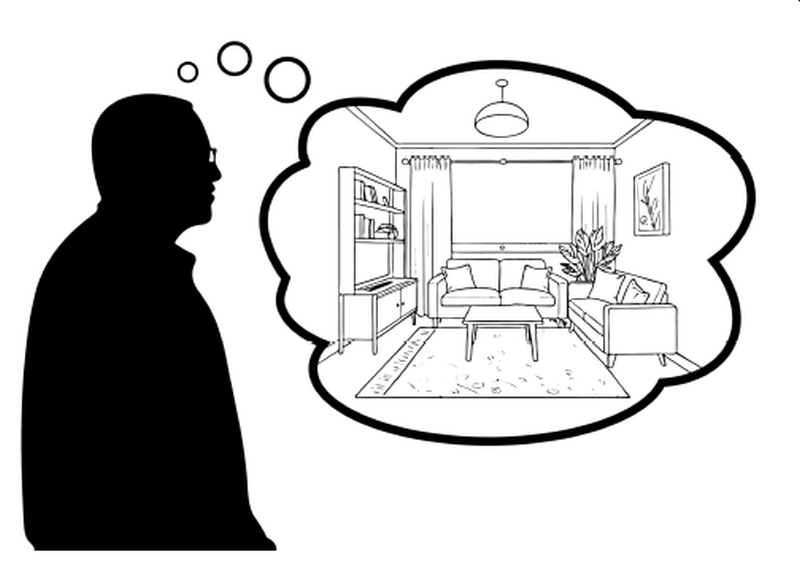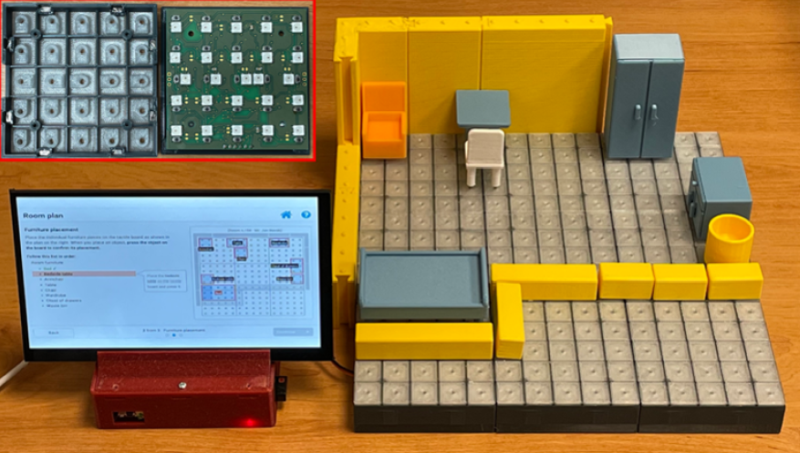Method for cognitive map externalization
Cognitive maps are widely used in society to organize and structure knowledge about the world. These maps are particularly important for individuals with visual impairments, as these people often rely on maps to enhance their spatial orientation. Accuracy of these maps are verified through externalization methods such drawing maps on a paper, providing voice descriptions, reconstructing maps using auxiliary tools etc. These techniques help identify the errors and difficulties encountered by individuals during the creation of their mental maps. Understanding these issues and subsequently improving mental maps can significantly help people with visual impairments manage everyday tasks more easily, which supports better orientation in daily situations and increases their level of independence. Despite the wide range of externalization methods, most of them focus on evaluating the accuracy of mental maps without actively assisting users during the testing process. This research introduces an approach that evaluates the mental map and also aids in the externalization process itself. The proposed method integrates spatial reconstruction using the interactive modular tactile maps system with voice guidance. This interactive system enables real-time feedback, helping users understand the mistakes and immediately correct them during reconstruction. Evaluation with four representatives of the target user audience indicated that the proposed solution improves CM externalization.


